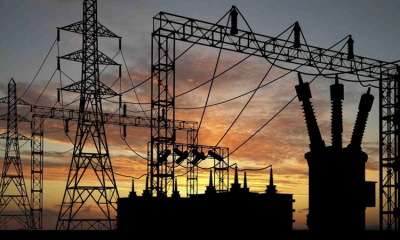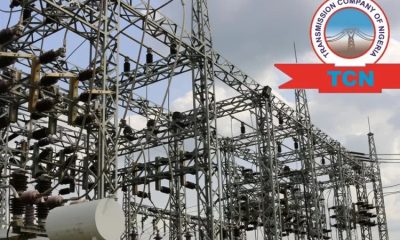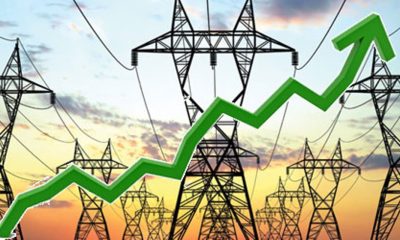News
JUST-IN: Again, Nigeria’s National Grid Collapses

Nigeria’s national grid has suffered another collapse, the third in just one week, plunging many parts of the country into a complete blackout early on Saturday morning, October 19.
According to data from the Nigerian System Operator’s portal (niggrid.org), the grid recorded zero megawatts (MW) of power generation as of 9:20 a.m. today, signifying a total system failure.
CityMirrorNews recalls that this latest collapse follows two similar incidents earlier in the week.
The subsequent grid collapsed has raised concerns over the reliability and sustainability of the country’s power infrastructure.
Businesses and households nationwide are grappling with prolonged outages, further exacerbating the ongoing energy crisis.
The situation is particularly challenging as fuel prices continue to soar and availability remains scarce, forcing many Nigerians to rely on costly alternatives like generators.
The recurrent grid failures have severely impacted economic activities across the country, as industries struggle with erratic electricity supply.
Small businesses are especially hard hit, with some forced to shut down operations entirely due to high operating costs and unreliable power.
Despite numerous promises from the government to revamp the nation’s power sector, the persistent grid collapses highlight the fragility of the electricity system and the urgent need for reform.
Experts have called for substantial investment in infrastructure, diversification of energy sources, and better management of power distribution to stabilize the grid and reduce the frequency of outages.
The national power grid’s unreliability continues to undermine productivity, affecting both households and commercial sectors alike.
With millions of Nigerians relying on the grid for daily energy needs, there is mounting pressure on authorities to address the recurring issue and implement long-term solutions to avoid future collapses.
-

 News5 days ago
News5 days agoPolice Commence Investigation As Worshiper Mobbed To Death At Osogbo Central Mosque
-

 News5 days ago
News5 days agoAPC Obokun Feud : FAS Sues For Peace, Urges Party Members To Embrace Dialogue
-

 Crime4 days ago
Crime4 days agoEbonyi Boundary Crisis: Four Beheaded, Others Injured, Property Destroyed In Renewed Clash
-

 News5 days ago
News5 days agoStay Out Of LG Affairs, Obey Supreme Court Judgment, WIP Tells Osun Govt











